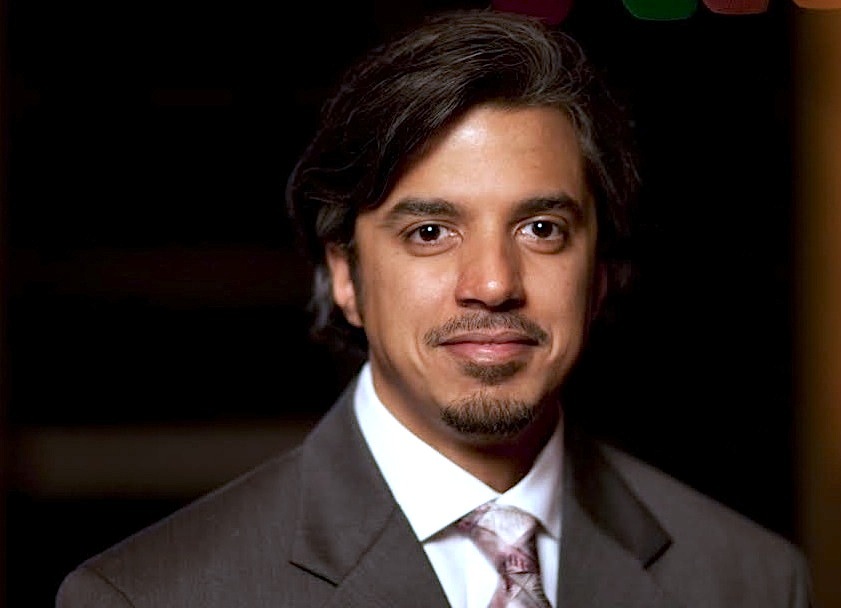‘Betrayal of Own Values’: Prof. Criticizes Governments for Allowing Hate

“Democratic governments allowing speech/acts that deliberately foster hatred against specific groups are failing their citizens and betraying their own values. In some cases, they are complicit, and in others clueless as to what to do,” Dr. Emran El-Badawi told IQNA.
Following is the full text of the interview:
IQNA: Last week, a man burned a copy of the Holy Quran under police protection in front of the Stockholm Central Mosque in the Swedish capital Stockholm. What’s your take on this?
El-Badawi: Too much attention has been given to this sacrilegious act and similar instances of Quran burning, whose sole purpose is to offend, and stoke hatred and violence. The government of Sweden (where the offense took place) as well as Muslim-majority governments, including Turkey, have condemned this as an "Islamophobic" act. We have witnessed this cycle of events before.
The perpetrator appears not to be a beacon for democracy or free speech, but rather a severely disgruntled ex-Muslim/atheist. This is readily apparent from his social media accounts.
IQNA: Desecration of the Quran has once again cast light on the West’s double standards vis-à-vis Quran desecration and Islamic values and allowed Islamophobia to prevail. What is behind this growing trend of Islamophobia?
El-Badawi: Many societies around the world are reacting, sometimes violently, to the effects of unmitigated globalization, demographic shifts, and technological change. In recent years, the turn towards right-wing populism in democratic states has been fed by anti-immigrant rhetoric aimed at new waves of refugees fleeing wars, many of whom come from Muslim-majority countries targeted by the US-led war on terror, and subsidiary conflicts. Research demonstrates that Islamophobia is an industry that both promotes war and profits wealthy corporations and powerful interests. This is one reason why burning the Quran and similar acts of offense, aggression or incitement have gone unpunished for so long. This all has little to do with democracy or free speech.
IQNA: What are the legal and human rights implications of this act of desecration, and how can they be addressed by the international community and the relevant organizations? What are the best strategies and practices to prevent and counter such acts of desecration and hate crimes?
El-Badawi: The common legal mantra is that hateful acts like this are protected under "free speech." However, there is growing momentum for re-evaluating hateful acts like this given the power and reach of the internet to spread hatred and spark violence in real-time, around the world.
Democratic governments allowing speech/acts that deliberately foster hatred against specific groups are failing their citizens and betraying their own values. In some cases, they are complicit, and in others clueless as to what to do. Big tech corporations have been doing a better job with eliminating hateful content, mainly due to government pressure and public outcry. But their priority remains profit, not people.
Hate speech has become a global problem today. This is why I am conducting a multi-year project exploring the limits of hate speech with leading experts and proposing solutions for policymakers, researchers, and the public.
Dr. Emran El-Badawi is a professor and program director of Middle Eastern Studies at the University of Houston. He has created and managed various degree programs in the Humanities and Sciences, and has consulted for different industries. He is also the founder and former executive director of the International Qur'anic Studies Association, which aims to foster dialogue between scholars of the Qur'an across the world. He has published and appeared in various media outlets, and his research covers a wide range of topics related to Middle Eastern and Islamic civilization.



